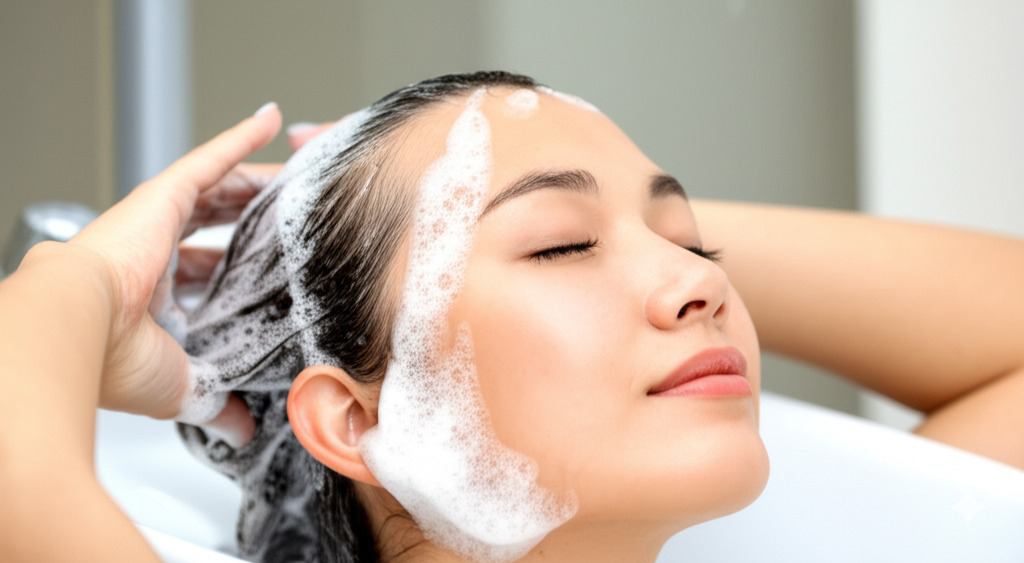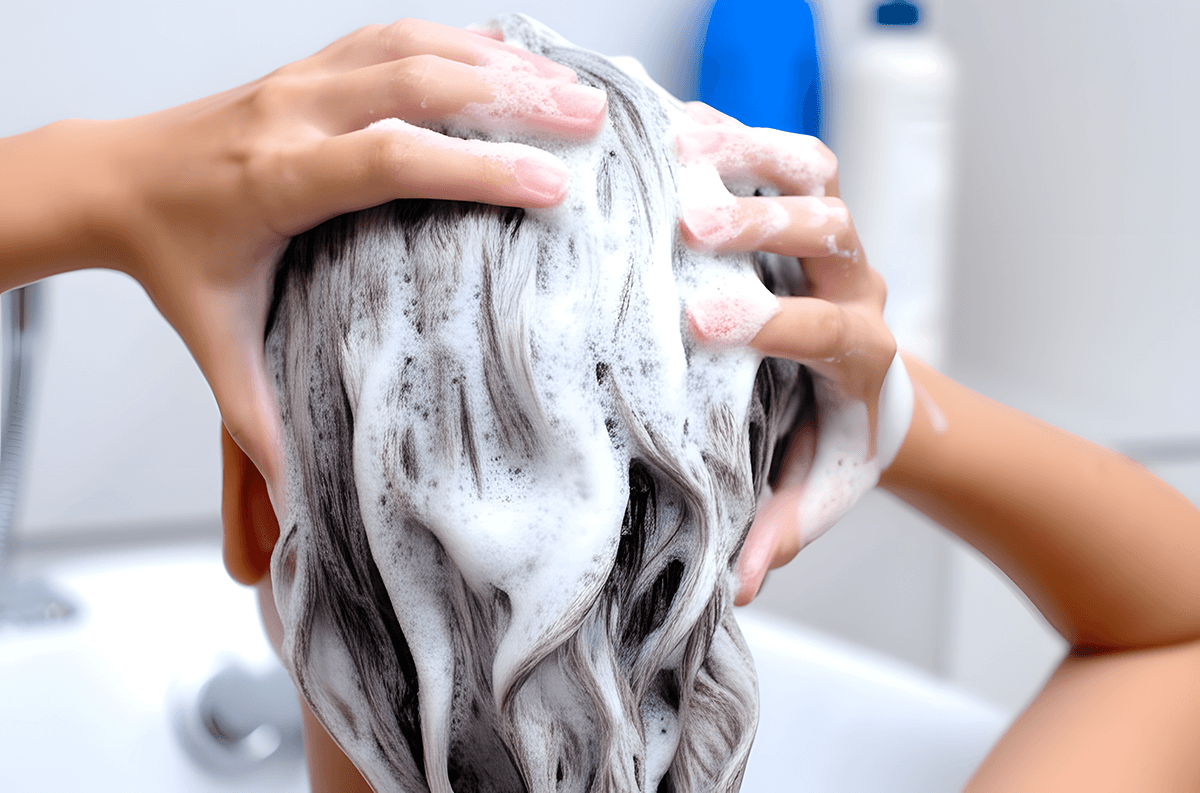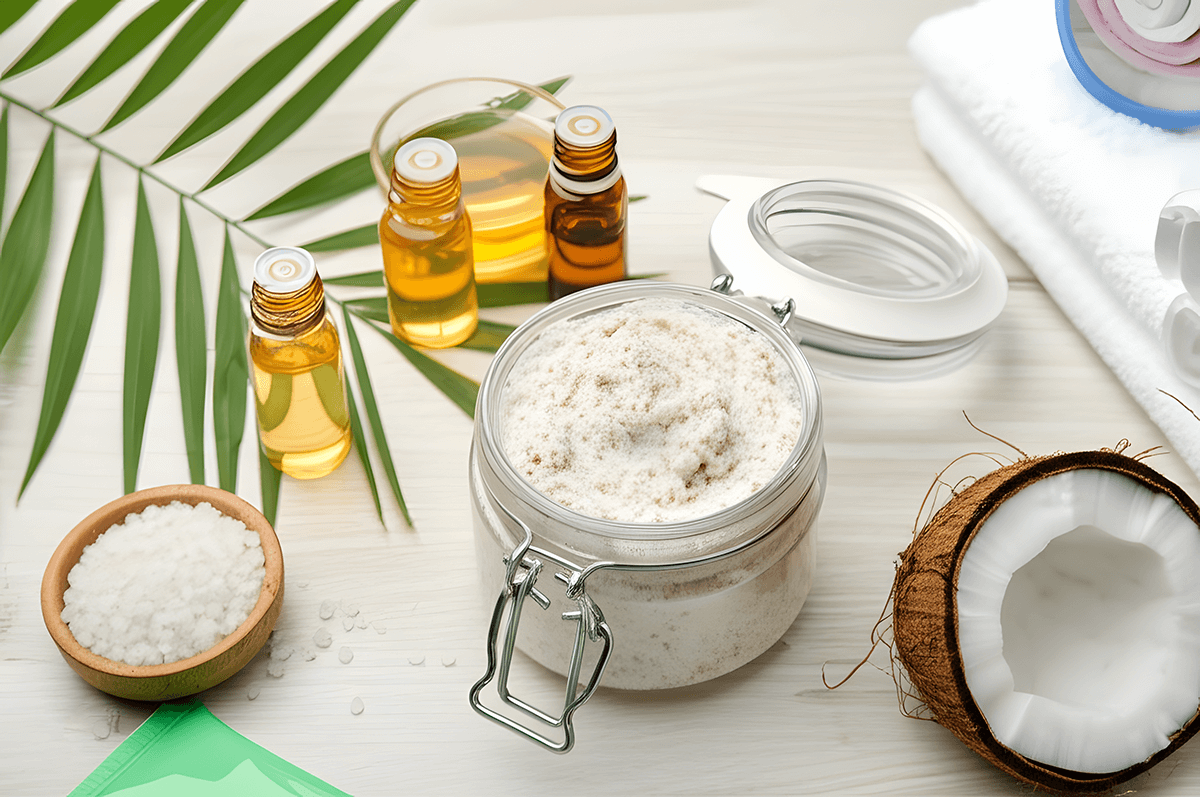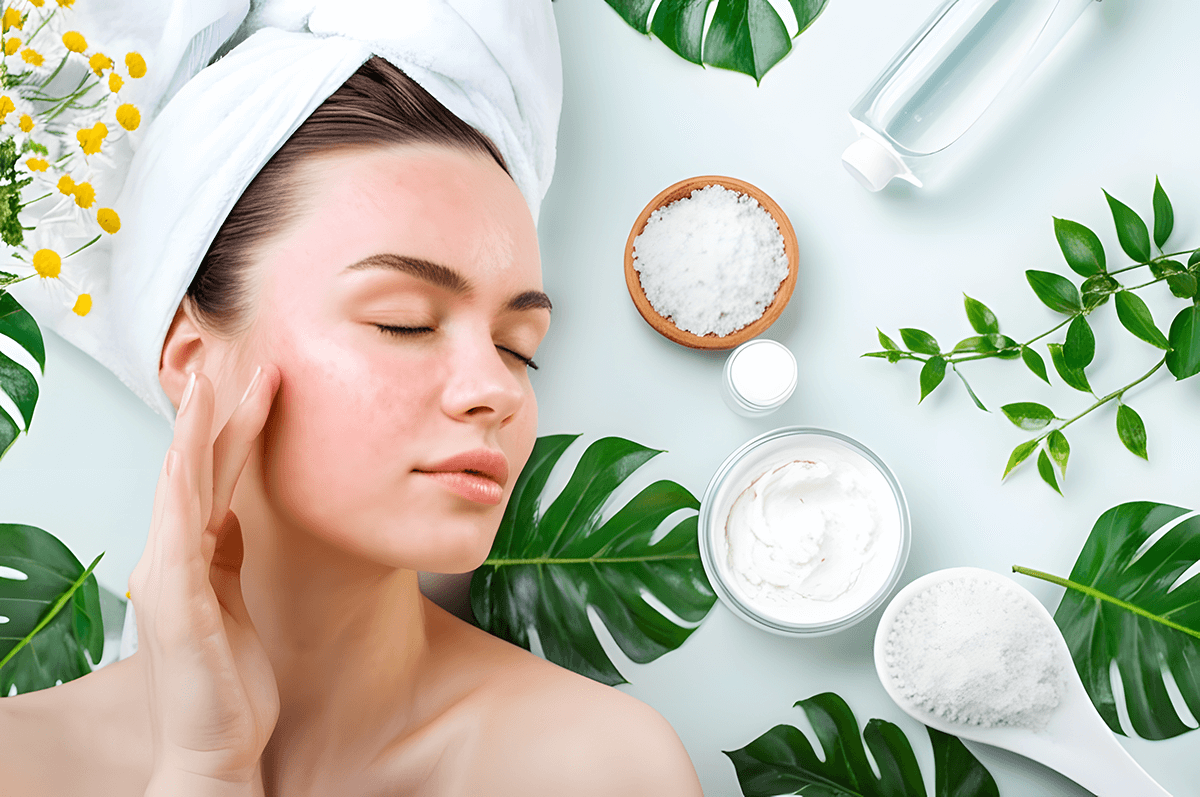Introduction: The Great Hair Washing Debate
One of the most common questions people ask hair professionals is, «How often should I wash my hair?» The internet is full of conflicting advice: some say you should wash daily, while others insist that going a week (or more) without shampooing is the key to healthy locks. But what’s the truth? And how does hair type factor into the ideal frequency?
This article will take a scientific look at the role of shampoo, debunk common myths, and provide expert advice on finding the right washing routine for your hair type.
The Science Behind Hair Washing: Why Do We Need Shampoo?
Hair washing isn’t just about aesthetics—it’s about maintaining scalp health. Our scalps naturally produce sebum (oil), which protects and nourishes the hair. However, too much oil can attract dirt, pollutants, and bacteria, leading to scalp issues. Shampoo is designed to remove excess sebum, dirt, and product buildup, but over-washing or under-washing can disrupt this balance.
How Shampoo Works
Shampoo contains surfactants, which bind to oil and dirt, allowing them to be rinsed away with water. Some shampoos also contain conditioning agents, proteins, or botanical extracts to nourish the hair.
However, not all shampoos are created equal. Sulfate-based shampoos, for example, are highly cleansing but can strip the hair of essential moisture, while sulfate-free formulas tend to be gentler and better suited for sensitive scalps or color-treated hair.
The Role of the Scalp Microbiome
Recent studies suggest that the scalp microbiome—the community of bacteria and fungi living on your scalp—plays a crucial role in hair health. Over-washing can disrupt this delicate balance, leading to irritation, dandruff, and even hair thinning. Using gentle cleansers and scalp treatments can help maintain a healthy microbiome and prevent issues like itchiness or flakiness.
Furthermore, washing frequency can also influence scalp pH levels. The natural pH of the scalp is slightly acidic (around 4.5-5.5), and frequent washing with harsh shampoos can disrupt this balance, potentially leading to increased sensitivity and moisture loss.
The Impact of Hard Water on Hair Washing
Hard water contains high levels of minerals such as calcium and magnesium, which can build up on the scalp and hair, making it feel dry and lifeless. Over time, mineral deposits can even lead to a lack of shine and increased tangling. If you live in an area with hard water, consider using a clarifying shampoo occasionally and installing a water filter on your showerhead to reduce mineral buildup.
Understanding Shampoo Ingredients
Many commercial shampoos contain a mix of cleansing and conditioning agents, but not all ingredients are beneficial. Here are some key ingredients to look for or avoid:
- Look for: Hydrating oils (argan, coconut), aloe vera, keratin, biotin, essential vitamins, and scalp-soothing extracts like chamomile or tea tree oil.
- Avoid: Sulfates, parabens, silicones (if your hair is prone to buildup), excessive fragrances, and alcohol-based ingredients that can dry out the scalp.
How Often Should You Wash Your Hair? A Breakdown by Hair Type

Your ideal washing frequency depends on several factors, including hair texture, scalp condition, lifestyle, and personal preference.
Oily Hair: Every 1-2 Days
People with oily scalps often feel the need to wash their hair daily. However, frequent washing can signal the scalp to produce even more oil in an attempt to compensate for what’s lost. A better approach is to gradually extend the time between washes by using gentle, sulfate-free shampoos and dry shampoo on off days.
Tips for Managing Oily Hair:
- Use a lightweight, balancing shampoo with ingredients like tea tree oil or witch hazel.
- Avoid heavy conditioners on the scalp.
- Try scalp training (gradually reducing washing frequency to regulate oil production).
- Rinse hair with cool water to help reduce oil production.
- Use oil-absorbing products like clay-based masks for the scalp.
- Consider exfoliating the scalp once a week with a mild scrub to prevent buildup.
Dry or Curly Hair: Every 3-7 Days
Curly and dry hair types benefit from less frequent washing since they tend to lack natural moisture. Washing too often can make hair brittle and frizzy.
Tips for Caring for Dry or Curly Hair:
- Use a hydrating shampoo and a deep conditioner.
- Try co-washing (washing with conditioner instead of shampoo) between washes.
- Use a leave-in conditioner or hair oil to maintain moisture.
- Sleep on a silk pillowcase to reduce moisture loss.
- Apply a weekly deep conditioning treatment or hair mask.
- Consider using the «LOC method» (liquid, oil, cream) to lock in moisture.
Normal Hair: Every 2-4 Days
If your hair isn’t particularly oily or dry, you can usually wash it every few days without issues. The key is to listen to your hair and adjust accordingly.
Fine or Thin Hair: Every 1-3 Days
Fine hair tends to become oily faster since there are more sebaceous glands per square inch of the scalp. However, washing too frequently can cause volume loss and breakage.
Tips for Fine Hair:
- Use a volumizing shampoo that removes oil without stripping moisture.
- Avoid heavy conditioners.
- Use dry shampoo to extend the time between washes.
- Style hair with lightweight, non-greasy products.
- Blow-dry with a round brush for added volume without product buildup.
Thick or Coarse Hair: Every 3-7 Days
Thick and coarse hair tends to absorb more oil, allowing for longer periods between washes. Many people with thick hair benefit from washing only once or twice a week.
Aging Hair: Adjusting Your Routine Over Time
As we age, our scalp produces less oil, meaning that older individuals may need to wash their hair less frequently. Over-washing can lead to dryness and breakage, so choosing hydrating shampoos and conditioners is essential.
Additional Tips for Aging Hair:
- Use anti-aging hair products containing collagen or peptides.
- Incorporate scalp massages to promote circulation and encourage hair growth.
- Avoid excessive heat styling, which can make aging hair more brittle.
How to Retrain Your Scalp to Be Less Oily
If you’re someone who washes their hair daily but wants to stretch the time between washes, you can train your scalp to produce less oil.
Steps to Retrain Your Scalp:
- Gradually extend the time between washes – Start by skipping one wash at a time.
- Use dry shampoo – Absorbs oil and refreshes hair without stripping moisture.
- Avoid touching your scalp too much – Hands transfer oil to the hair.
- Rinse with water instead of shampoo on off days – This helps remove excess oil without disrupting the scalp’s balance.
- Stick to it! – It takes a few weeks for your scalp to adjust.
Additional Hair Care Tips Based on Washing Frequency
- Protect your hair from heat damage by using a heat protectant before styling.
- Avoid excessive brushing as it can stimulate oil production in the scalp.
- Use a scalp massager to improve circulation and promote healthy hair growth.
- Consider protective hairstyles to reduce damage and maintain moisture between washes.
- Monitor seasonal changes – colder weather can dry out the scalp, while humid weather may lead to excess oil production.
Conclusion: Finding Your Ideal Routine
There’s no one-size-fits-all answer to how often you should wash your hair. The best approach is to assess your hair type, scalp condition, and lifestyle needs. Whether you wash daily or only once a week, what matters most is using the right products and techniques to keep your hair healthy.
Would you like help choosing the best shampoo for your hair type? Drop your questions in the comments!



